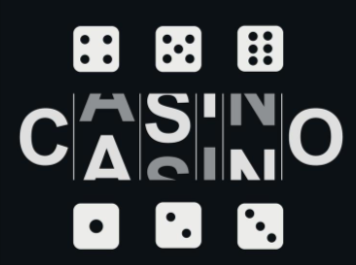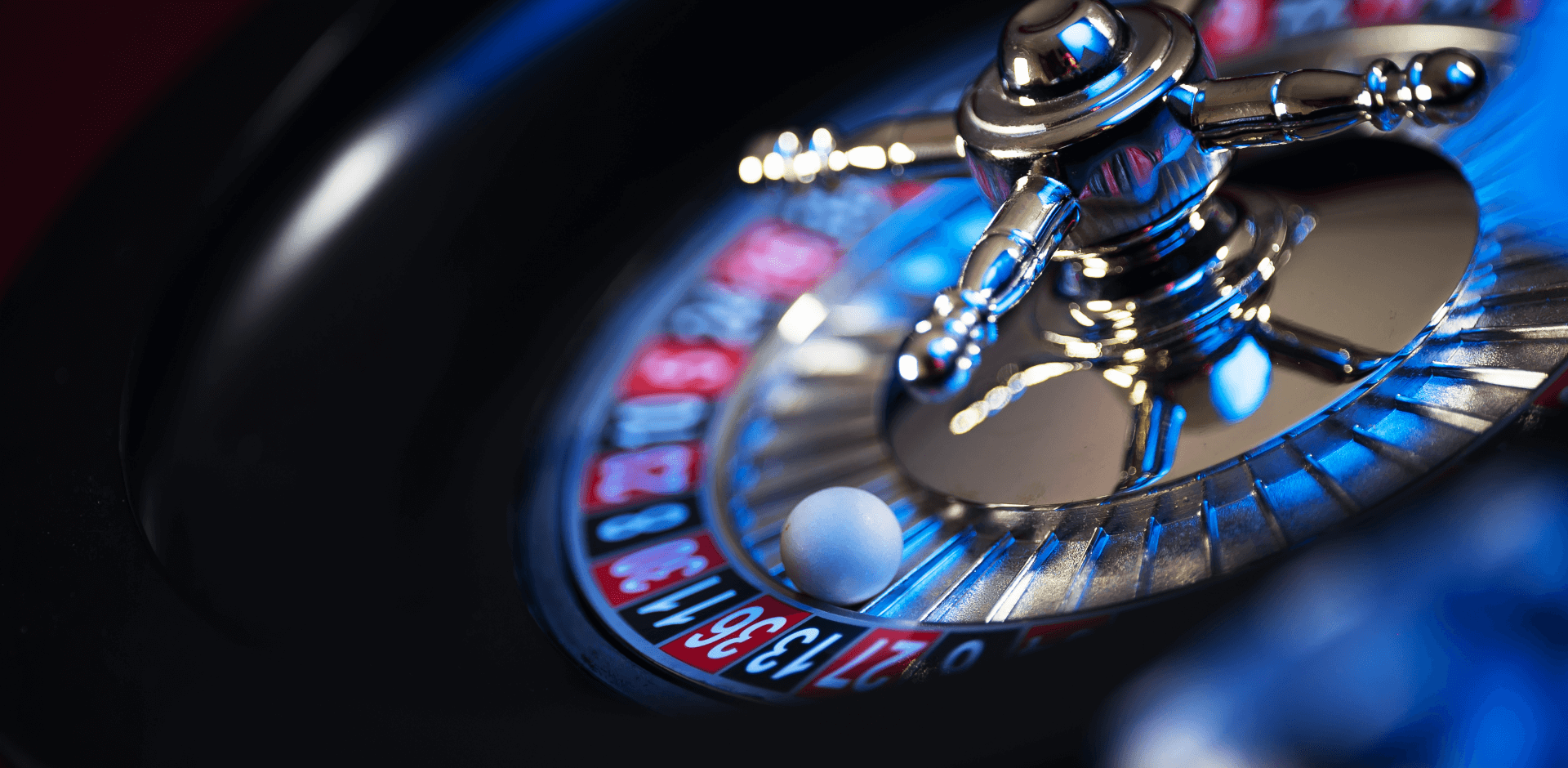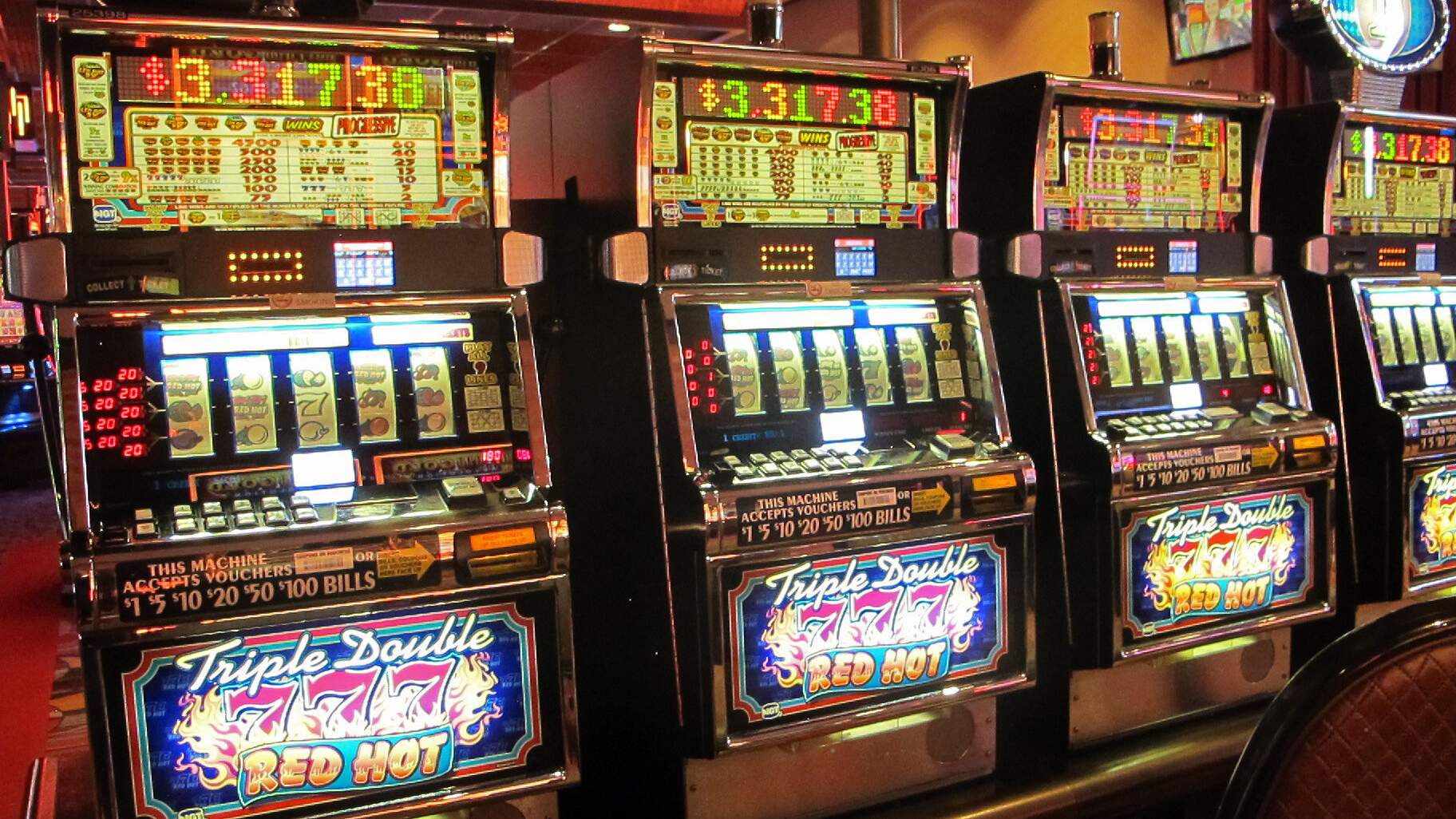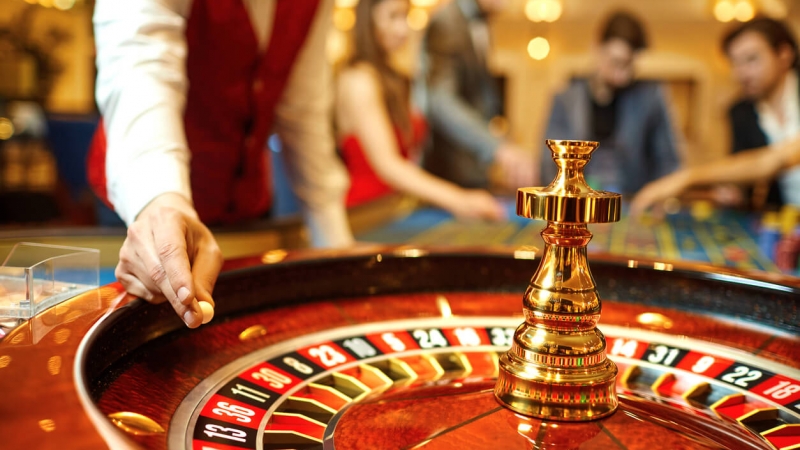The Soundtrack of Risk and Reward
You may think it’s the lights, the jackpots, or the adrenaline – but often, it’s the sound that keeps people coming back to slot machines. The medley of spinning reels, bonus jingles, and celebratory chimes creates more than just ambiance – it builds a sensory environment engineered for emotional engagement.
In fact, many regular players report that even hearing slot sounds in the background while cooking dinner or reading a book triggers a subtle emotional lift. Slots are increasingly becoming the unofficial “soundtrack to the evening” for some. To experience the sound immersion firsthand, start playing now at Stake and see how your ears can pull you deeper into the experience than your fingers ever could.
In this article, we delve into how and why casino sounds are as addictive as music, and explore what this means for design ethics, player psychology, and the future of gaming.
Sonic Engineering: More Than Just Background Noise
The Role of Audio in Game Design
In professional casino game development, sound is not an afterthought. It’s a carefully tuned instrument in the psychological symphony of gaming. Sound designers study music theory, behavioral psychology, and neurobiology to craft audio that manipulates time perception, mood, and memory.
Microtones and Pavlovian Conditioning
The use of near-miss tones – audio cues triggered when the player almost wins – is one of the most insidious. These sounds often include slightly dissonant chords that create anticipation without resolution, keeping the brain in a state of arousal.
Neuroscience of Sound: The Dopamine Echo
Music and Gambling Share Neural Pathways
Both music and slot sounds stimulate the brain’s reward system. Studies show that harmonic intervals, rising melodies, and positive musical resolutions increase dopamine levels – the same neurochemical released during gambling.
Anticipation and Reward Loops
Just as a musical crescendo prepares us for a climax, slot sounds create rising arcs of tension and release. These loops condition the brain to seek out those auditory cues again and again.
The Hook Is in the Harmony
Catchy melodic patterns or rhythmic repetitions form earworms – those tunes you can’t shake off. Slot games often mimic pop music structures to make their sounds linger long after the game is over.
The Evolution of Slot Sounds: From Bells to EDM
Mechanical Simplicity to Digital Complexity
Early slots featured mechanical bells and buzzers. Modern games have orchestras of layered sounds – from ambient textures to full compositions. Genres range from upbeat pop to hypnotic ambient trance.
Personalized Sonic Branding
Each slot game now has its own musical identity. Soundtracks evolve as you progress, with reward tiers triggering distinct audio events. It’s not just a game – it’s a performance.
Emotional Mapping Through Sound
Auditory Anchoring of Wins and Losses
When you win, you hear a sonic explosion of joy. When you lose, silence or subtle “try again” tones create emotional neutrality. The contrast anchors your perception of success and motivates repeated play.
Tension, Release, Repeat
Much like in classical music or film scoring, casino soundtracks are structured around tension and release. That moment before the reels stop? It mirrors a musical pause before the climax.
Passive Listening: Slot Sounds as Daily Ambience
Background Music for the Mind
Some players report using slot game soundtracks as passive audio during chores, workouts, or even work. The consistency and predictability of these loops make them oddly soothing.
The Rise of Casino Sound YouTube Channels
A niche but growing trend on YouTube and Spotify features compilations of casino sounds – watched or played by users who aren’t actively gambling but enjoy the stimulation.
The Cultural Impact of Casino Soundscapes
Soundtracks as Identity
Popular games now have cult-like followings, with their soundtracks being remixed by fans, shared on forums, or recreated as ringtones. These audio signatures become part of players’ identities.
Casino Audio in Media
Movie scenes involving gambling often use authentic slot sounds to evoke emotion instantly. They signal anticipation, risk, or impending fortune even before a character makes a move.
Experts Weigh In: The Science of Sonic Seduction
Dr. Leila Horowitz, Audio Cognition Expert
“Our brains interpret sound faster than visuals. Slot sounds act like fast-acting drugs – triggering emotional responses before conscious thought can catch up.”
Nikos Damalis, Casino Audio Designer
“We treat sound the way a film composer scores emotion. Each note has a purpose, a direction, and a psychological endpoint. It’s not manipulation – it’s orchestration.”
Risk and Responsibility: When Sound Becomes Too Effective
The Ethics of Affective Audio
If sound alone can create engagement, should its use be regulated? Some critics argue that audio manipulation – especially in vulnerable users – should be subjected to the same scrutiny as loot boxes or payout structures.
Regulatory Blind Spots
Current gambling regulations mostly focus on odds transparency and age verification. Few jurisdictions consider the psychological effects of sound in their legal frameworks.
Sound-Induced Cravings: When Audio Becomes a Trigger
Triggered Memories
Just like a familiar song can transport you back in time, slot sounds can reignite dormant gambling urges. Former addicts often cite sound as one of the most powerful triggers for relapse.
Phantom Win Syndrome
Even without betting, hearing slot sound effects can trick the brain into remembering wins that never occurred. This warped recall reinforces craving.
Designing for Delight, Not Dependency
Soundscapes with Boundaries
Some modern casino platforms are exploring “wellness audio modes” – where the volume decreases over time or adjusts based on user patterns to reduce over-stimulation.
User-Controlled Soundtracks
Letting users choose their soundtrack or mute celebratory sounds gives them agency over their emotional landscape.
Cultural Differences in Audio Preferences
Western vs. Eastern Sonic Palettes
Western slots often favor bold, upbeat tracks with rock or jazz elements. Eastern slots lean toward soft percussion, flutes, and cyclical patterns. The result: culturally specific emotional targeting.
Localization in Audio Design
Casino developers localize not just language, but audio tones and scales – ensuring emotional impact aligns with cultural expectations.
Future Trends: Sonic Innovation in Gambling
AI-Composed Soundtracks
AI is now being used to generate dynamic music that evolves in real-time based on user interaction. This creates personalized musical journeys for each player.
Haptic and Spatial Audio Integration
As devices become more advanced, casino sounds are expanding into haptic feedback and 3D audio – providing physical sensations and spatial realism.
Cross-App Auditory Branding
Platforms are experimenting with sound branding that stays consistent across games, apps, and even promotional material, creating a full-spectrum auditory identity.
Building a Relationship with Sound
Emotional Regulation and Sound Design
Some users use specific games not for the gamble, but to regulate mood. Calming slots, with ambient soundscapes, are used as digital coping tools.
Personalized Playlists
Gamers now curate personal playlists of their favorite game sounds – combining nostalgia, excitement, and relaxation into one auditory experience.
Conclusion: The Sound That Stays
Slot machine sounds aren’t just a backdrop – they’re the hook, the narrative, and sometimes the addiction. They linger in our minds, echo in our habits, and influence our emotional landscape more than we realize.
As gambling shifts from physical to digital, sound remains its most consistent and powerful component. Like a favorite song that brings you to tears – or makes you dance – casino sounds are designed to move you.
For players, recognizing this emotional and neurological connection is essential. For developers, the challenge is to innovate responsibly – crafting experiences that thrill without overwhelming.
And for everyone, perhaps the most powerful takeaway is this: you might leave the game, but the soundtrack often follows you.





